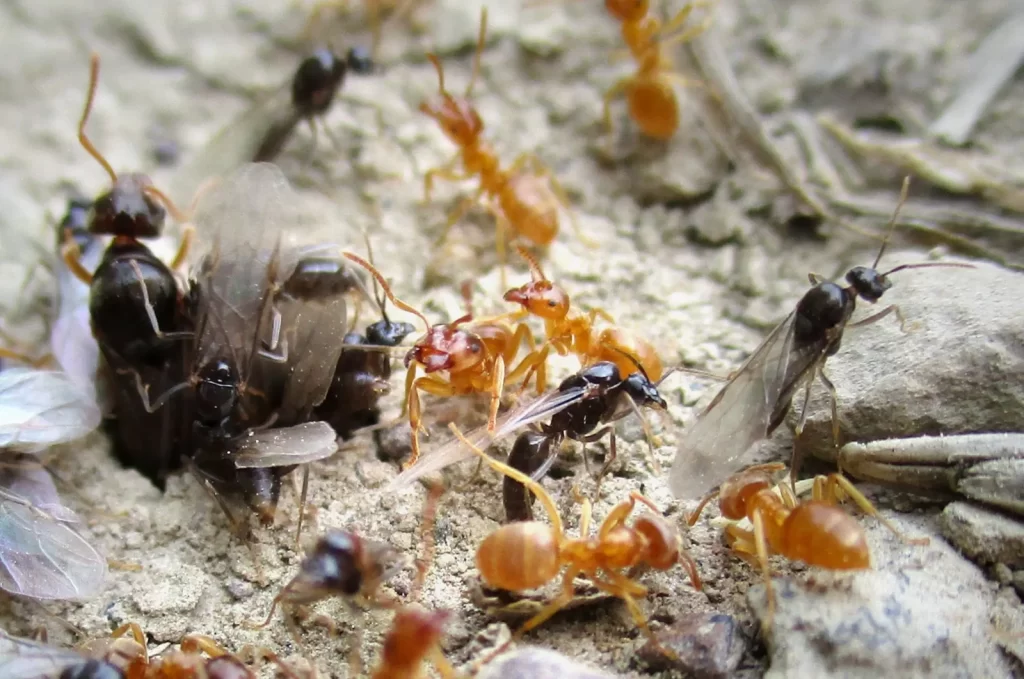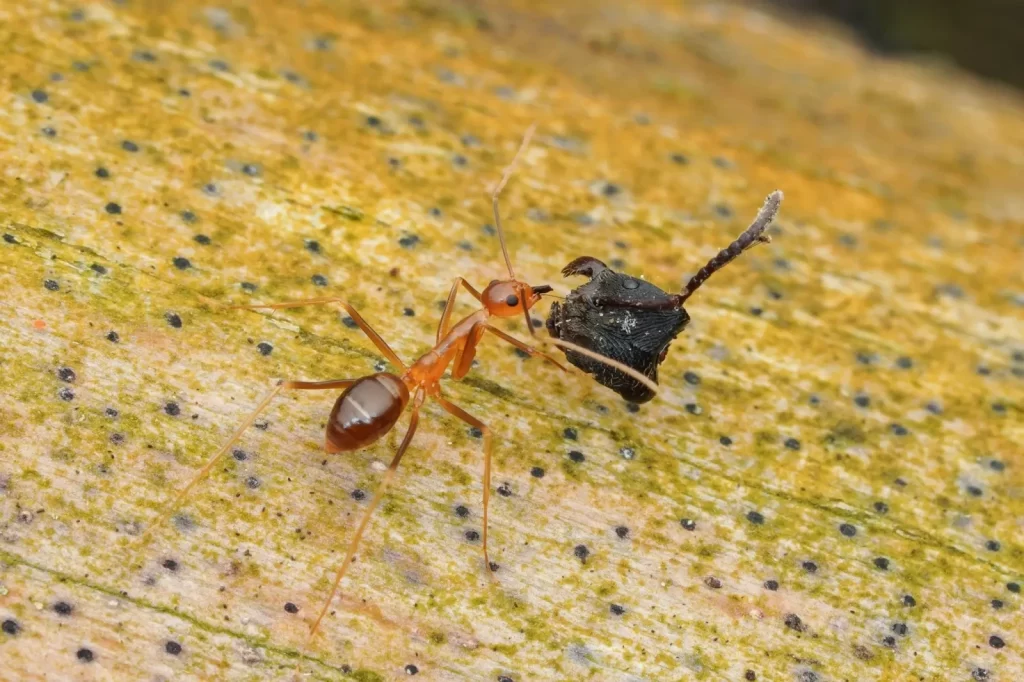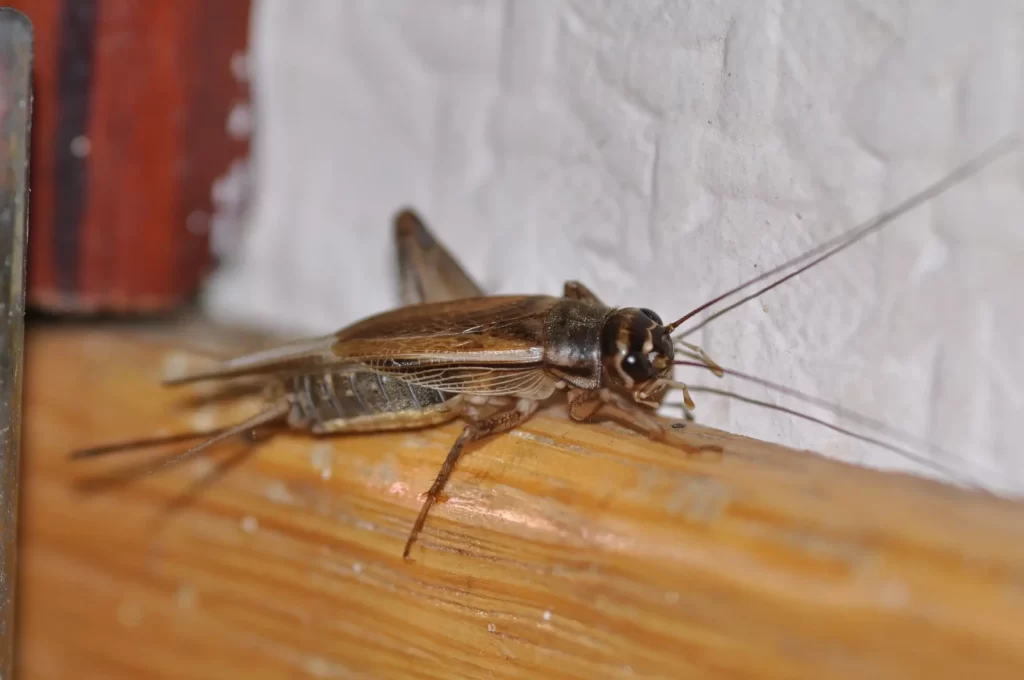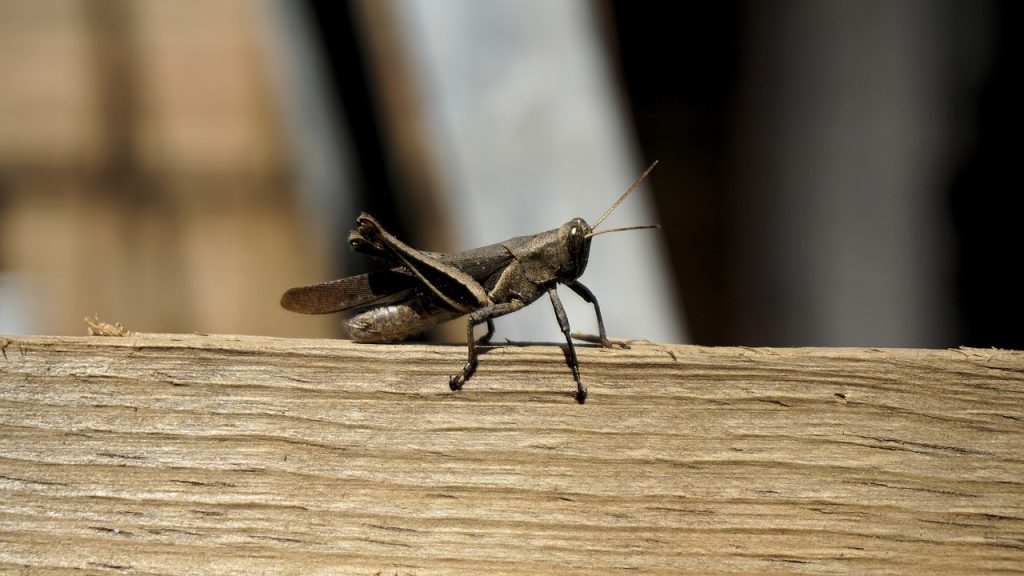Jerusalem crickets, also popular as “potato bugs,” are large, flightless insects. They are mostly found in western United States and parts of Mexico. Despite their name, they are not true crickets and are not found in Jerusalem. These insects belong to the genus Stenopelmatus and are known for their large size, distinctive appearance, and somewhat intimidating look. Jerusalem crickets are nocturnal and are often found in gardens or under rocks and logs, where they feed on various organic materials.

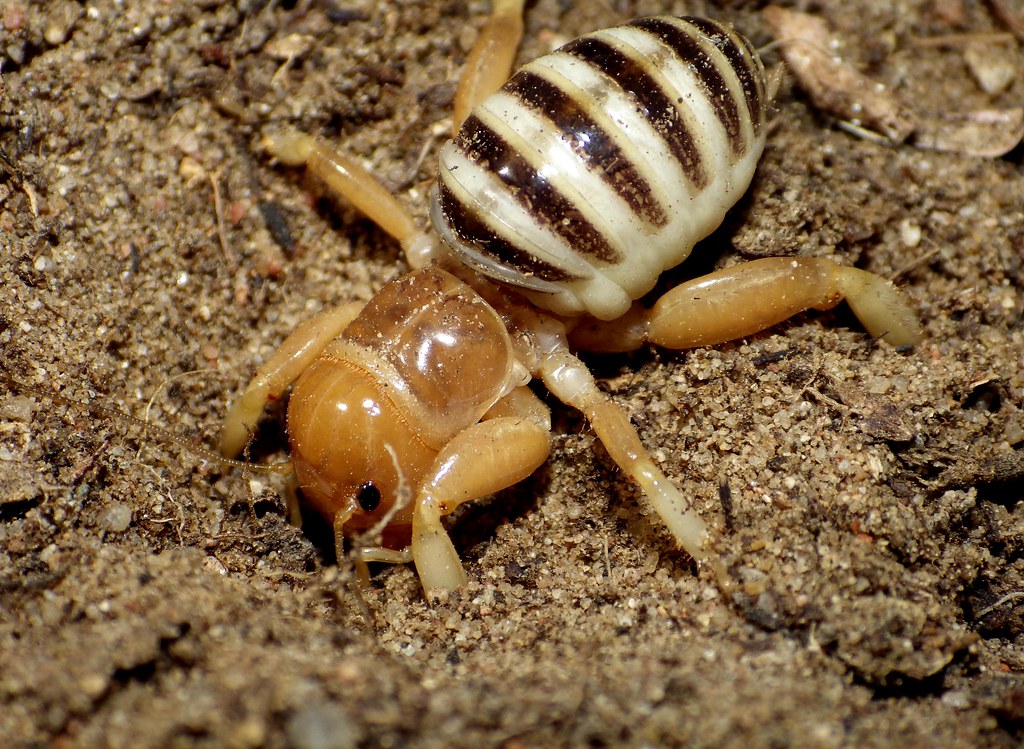 Myths and Facts About Jerusalem Crickets
Myths and Facts About Jerusalem Crickets
Why Are They Called Jerusalem Crickets?
The origin of the name “Jerusalem cricket” is somewhat mysterious, with no clear connection to the city of Jerusalem. Some speculate that the name could be a corruption of the Spanish term “niño de la tierra,” which translates to “child of the earth,” reflecting the insect’s subterranean habits. Another theory suggests that the name could have been derived from the word “Jericho,” possibly in reference to their large size and strong appearance. The nickname “potato bug” comes from their occasional presence in potato fields, although they do not typically cause significant damage to crops.What Do Jerusalem Crickets Look Like?
Jerusalem crickets are easily recognizable due to their large size and distinctive features. They can grow upto 5 inches and are one of the largest insects in North America. Their bodies are robust and have a shiny, segmented exoskeleton that is typically tan or brown with black bands across the abdomen. They have large, rounded heads with powerful mandibles used for feeding and digging. Despite their somewhat fearsome appearance, Jerusalem crickets will only bite if provoked.
What Do Jerusalem Crickets Eat?
Jerusalem crickets are primarily detritivores, meaning they feed on decaying organic matter. Their diet consists of dead leaves, plant roots, and other decomposing vegetation. They are also known to consume small insects and other invertebrates when available. Jerusalem crickets play an important role in the ecosystem by breaking down organic material and enriching the soil. They are often found in moist environments where their food sources are abundant.Where Are Jerusalem Crickets Found?
Jerusalem crickets are usually spotted in the western United States, particularly in states like California, Arizona, New Mexico, and Nevada. They are also found in parts of Mexico. These insects prefer habitats with loose, sandy soil that allows them to burrow easily. You are likely to encounter them in gardens, fields, and forests, as well as under rocks, logs, and other debris. They are nocturnal and usually remain hidden during the day.Why Are Jerusalem Crickets Called Potato Bugs?
The nickname “potato bug” is a bit of a misnomer, as Jerusalem crickets are not true bugs and do not primarily feed on potatoes. This name likely arose because these insects are sometimes found in potato fields, where they burrow into the soil. However, they do not typically pose a significant threat to crops and are not considered agricultural pests. The name “potato bug” has stuck due to their occasional presence in these areas, but it is not an accurate reflection of their behavior or diet. Myths and Facts About Jerusalem Crickets
Myths and Facts About Jerusalem Crickets
| Myth | Fact |
| Jerusalem crickets are poisonous. | Jerusalem crickets are not poisonous, but they can deliver a painful bite if handled roughly. |
| They are found in Jerusalem. | Despite the name, Jerusalem crickets are not found in Jerusalem. They are native to the western United States and Mexico. |
| Jerusalem crickets are dangerous to humans. | These insects do not harm humans and will only bite in self-defense. |
| They primarily eat potatoes. | Jerusalem crickets are detritivores, feeding on decaying organic matter and plant roots, not primarily on potatoes. |
| Jerusalem crickets are true crickets. | Although called crickets, they belong to a different family and are not true crickets. |
